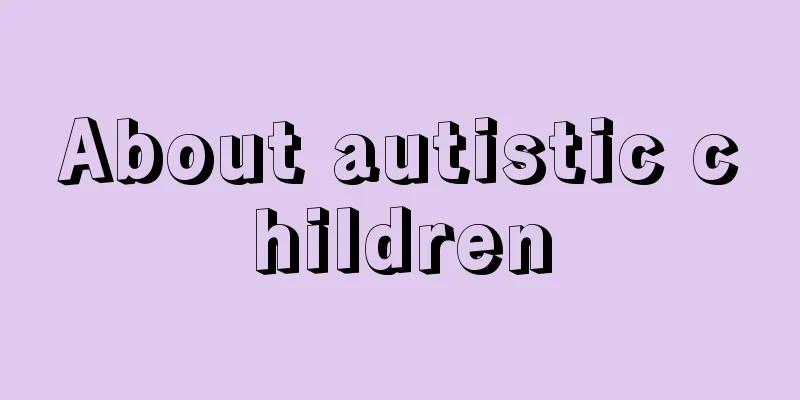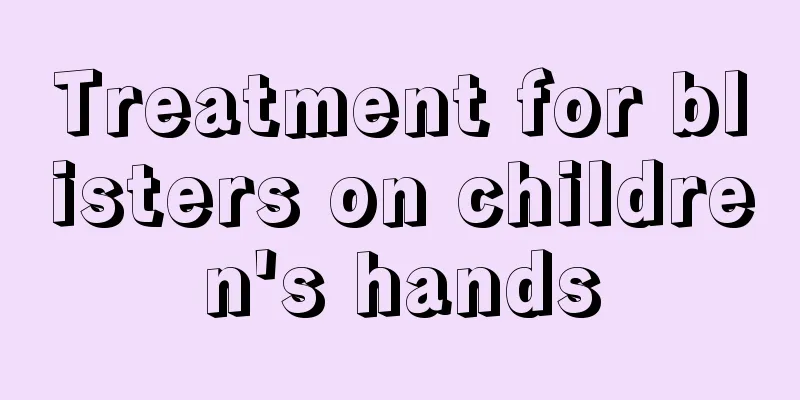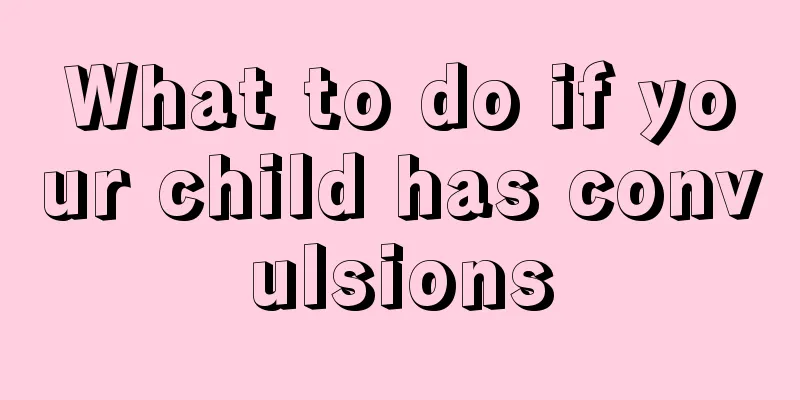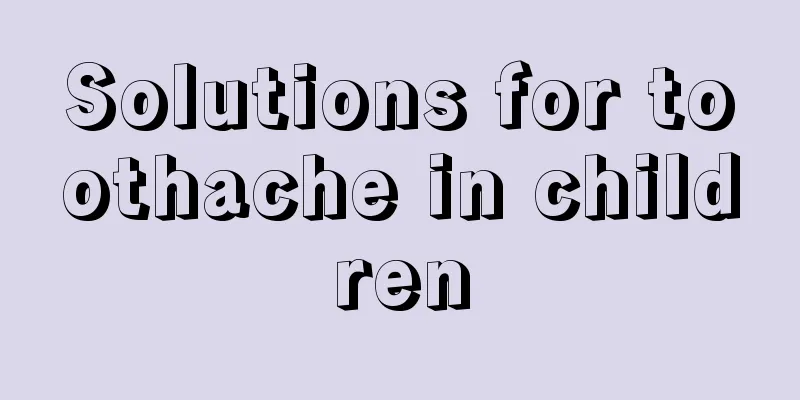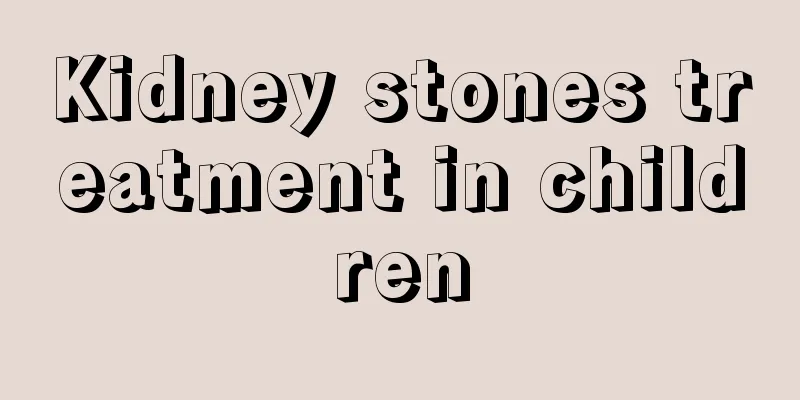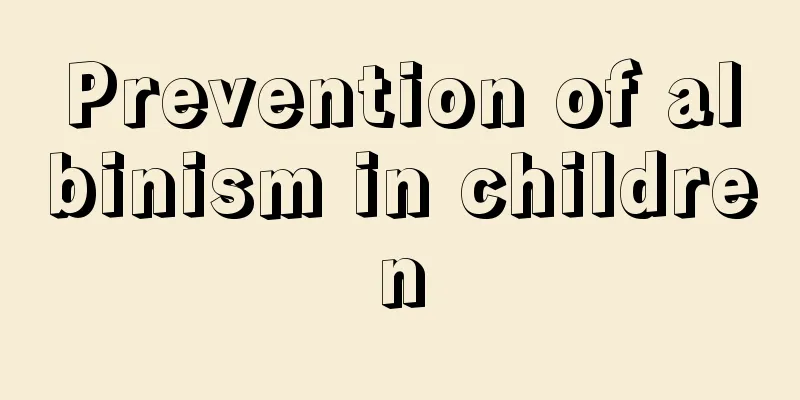How to deal with children's language communication barriers?
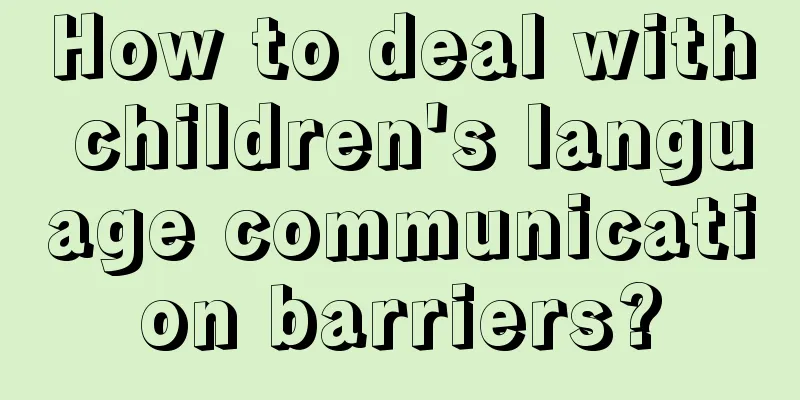
|
If your child has a language communication disorder, it is indeed very distressing for parents, especially for some children who themselves do not understand many things. It is already difficult for parents to communicate with their children, and if a child has a language communication disorder, it will undoubtedly make the situation worse. Let us introduce some common treatments for language communication disorders. The main treatment measures are as follows: (1) Increase and create communication opportunities: In daily life, do not stop talking to your child just because he or she cannot speak. On the contrary, look for more opportunities to talk to him or her. For example: When you take your child to wash his hands, don’t pull him along. Instead, ask him first: “What should I do if my hands are dirty?” “— Wash your hands.” After washing, ask: "What did you do just now?" "- I washed my hands." (2) For children who have no language expression ability at all, you can use simple words to say the answer in the beginning (without asking questions), that is, accompany each action link with language description, such as: "wash your hands", "open", "rub", "rinse", "wipe your hands", "towel", "hang up", "go back", etc. (3) You can find many opportunities to communicate with your children in daily life. Although parents often "ask and answer questions themselves" in the initial stage, this is the beginning of children's understanding of the role of language. For example: When you see that the child's hands are dirty, you should look into his eyes and say, "What's wrong with your hands?" Then wait for him to answer, "They're dirty." You can also wait for a few seconds and then prompt him or tell him that "they're dirty." Then ask: "What should I do if it gets dirty?" and wait for him to answer: "Wash it." (The prompt principles are the same as above) Then ask: "Where do you wash your hands?" Wait for the answer: "In the toilet." (The prompt principles are the same as above) Then guide him in the direction of the toilet and let him walk in front to the washroom. When washing hands, follow the same principles and ask "What should I do first when washing my hands?" - "Turn on the faucet" - "What else should I do?" - "Apply soap" - "What should I do after applying soap" - "Rub it" - "What do you see?" - "Bubble" - "What color are the bubbles?" - "White" - "What should I do now?" - "Rinse it" - "Turn off the faucet" - "Get the towel" - "Wipe it" - "Put it back" - "Where should I go after washing my hands?" - "To the living room." Parents must be patient when dealing with such children. This is not an incurable disease. As long as parents are patient and careful, and address language communication barriers fundamentally and persevere, their children will surely come out of silence. |
<<: Treatment for snoring in children
>>: What is vaginal bleeding in newborns?
Recommend
Do babies usually need pillows when sleeping?
Just after the newborn is born. The brain and all...
Will drinking ginger tea stimulate the fetus?
There are many taboos for pregnant women after pr...
Why does my baby have phlegm in his throat when feeding?
The baby's physical health is a very importan...
Can childhood epilepsy be cured? Professional doctors answer this
If a child suffers from epilepsy, he needs to go ...
What causes a child's heart rate to be too fast?
The heart is the most important organ in the huma...
Why is the child's breathing uneven?
When a new life is born, what we are most concern...
Why is the boy's penis red and swollen?
The urinary system of children is more fragile th...
What to do if your child has anal fissure bleeding
Many children do not like to drink water or eat f...
Music for newborns
We are all familiar with music. Good music can ma...
What to do if your child has a low-grade fever? Parents must know
Low-grade fever is a common symptom in children. ...
Are children's antidiarrhea tablets good?
When children have severe diarrhea, many people w...
What kind of milk is good for children
Milk is a very common food. It is rich in nutrien...
Gingival hyperplasia in children
Gingival hyperplasia is a condition that is more ...
What to do if your 3-year-old baby has a poor physique
Usually every parent hopes that their baby has a ...
What are the causes of systemic lupus erythematosus in children?
Today we learned about a disease called systemic ...
